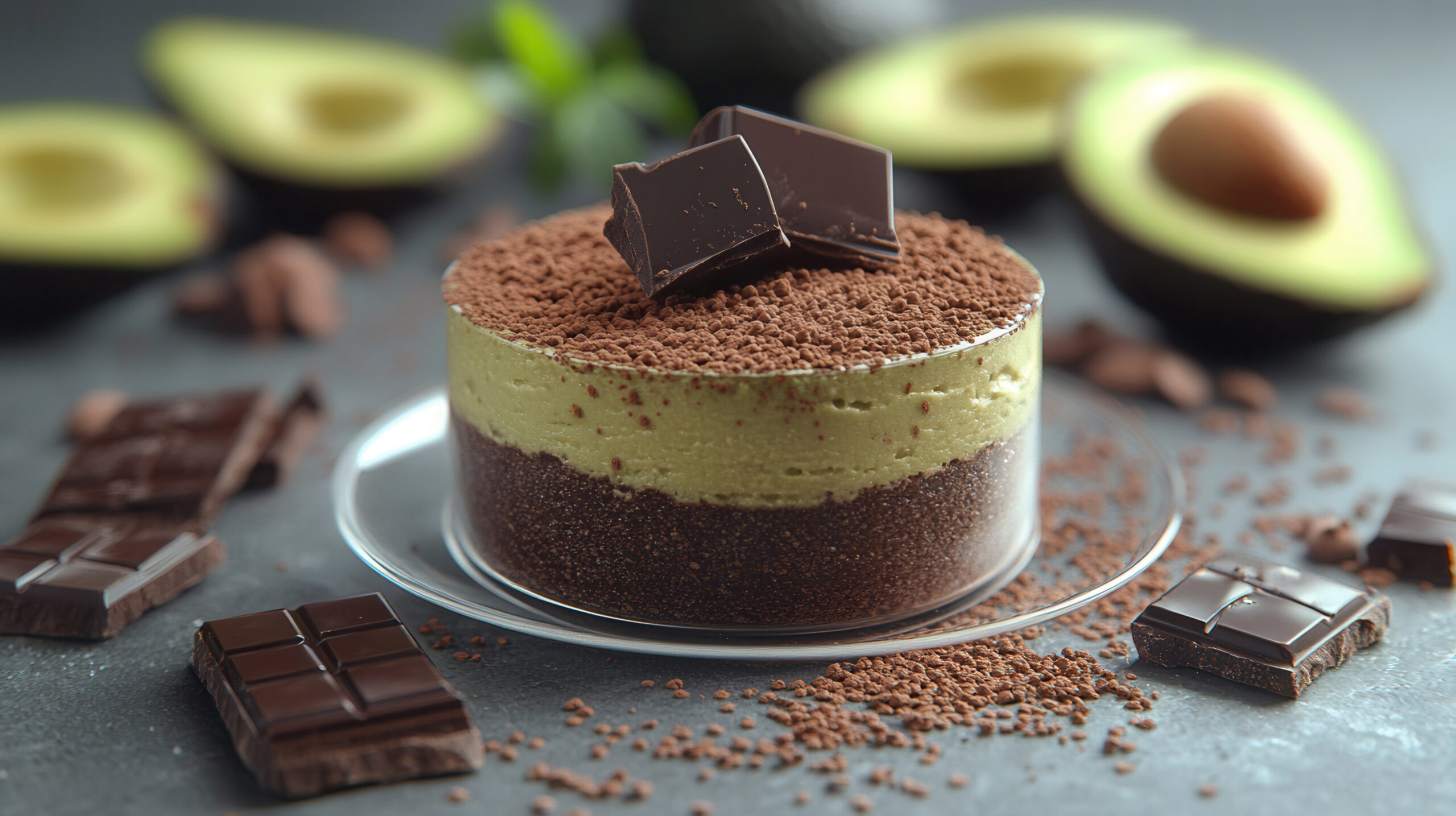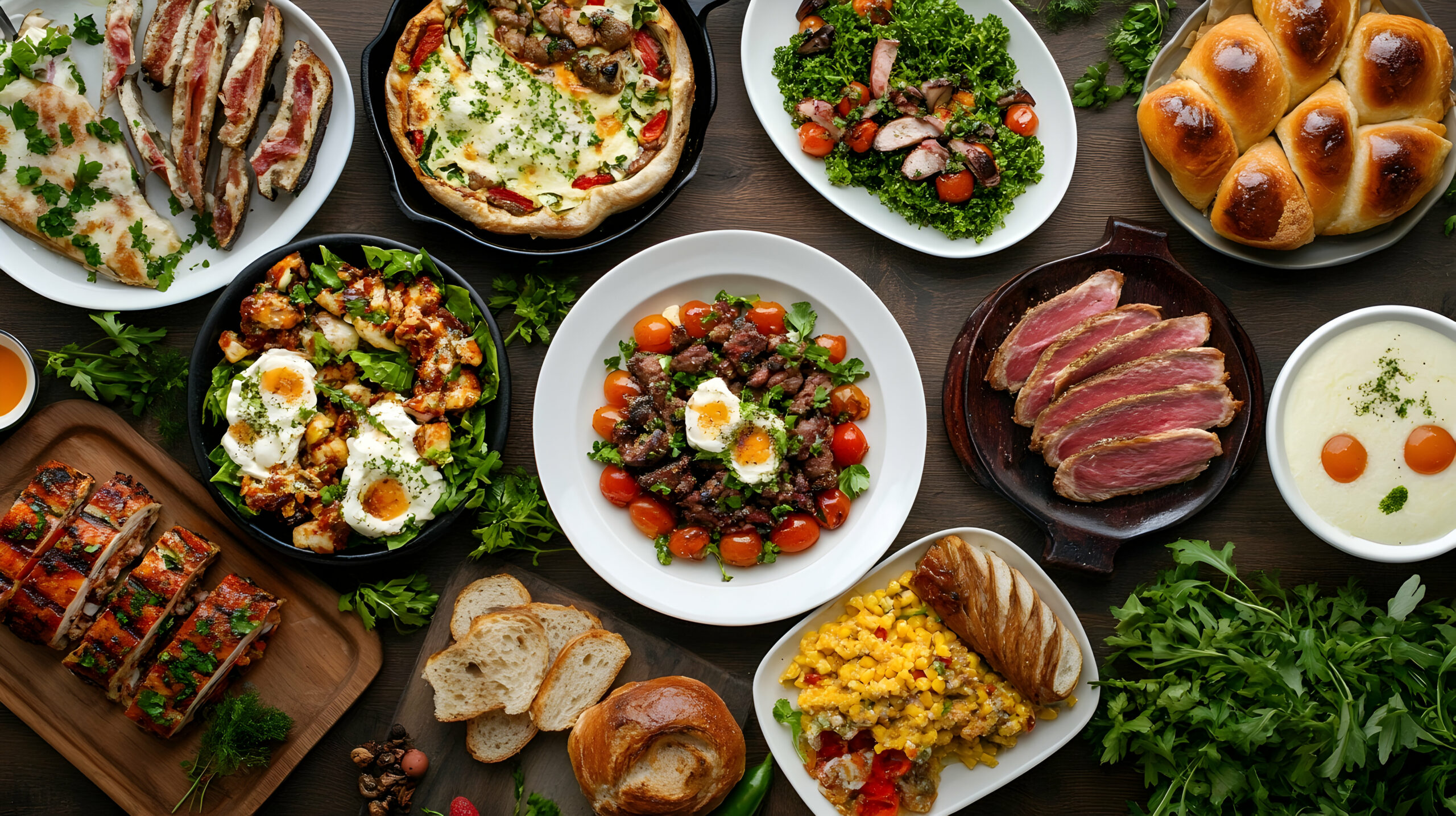Most would think when switching to a whole food diet that going to the bathroom would be no issue! Loading up on healthy foods that are full of fiber and drinking more water should prevent this right? Wrong! For many, switching to whole food nutrition stops them up more than anything! One of the reasons for this could be because processed foods contain so many unnatural additives that the body does not recognize or absorb and because of this our stools are loose to normal when we eat a diet high in processed foods! When we take out all of that crap we are left with some major bowel issues for some! Constipation is something that should not be overlooked and needs to be treated in the right way! Let’s take a closer look at this topic!
The characteristics of your stool will tell you a lot about the health of your digestive tract – color, odor, shape, size, and even the sound it makes when it hits the water and whether it’s a “sinker” or a “floater” are all relevant information. The Bristol Stool Chart is a handy tool that may help you learn what you’re going for. Ideally, your stool should approximate Types 3, 4 and 5. Type 4 is the Holy Grail.
Fiber tends to bulk up your stool and acts like glue to keep the stool stuck together, instead of in pieces. In hunter and gatherer times we ate up to 150g of fiber a DAY! Today most Americans average as little as 8-10g. lack of adequate fiber intake is a huge issue and has a significant impact on your overall health!
If your stool is on the softer side, short of diarrhea, it could be related to lactose intolerance, artificial sweeteners (sorbitol and sucralose (splenda), or a reaction to fructose or gluten.
The average body takes between 18 and 72 hours to convert food into stool and pass it on out. When this time is significantly shortened, the result is diarrhea because your intestine doesn’t have time to absorb all of the water. Conversely, when transit time is lengthened, you may end up constipated because too much water has been absorbed, resulting in hard, dry stools.
Constipation is defined as passing hard, dry stools that you have to strain to move, and it’s typically accompanied by decreased frequency of defecation. Straining is not normal, nor is experiencing feelings of incomplete elimination, bloating, crampiness, or sluggishness after going number two.
Chronic constipation is not ideally and should not be over looked as normal. Healthy bowel habits are important to your overall health! Here are some suggestions for treating and preventing constipation!
1) Drink plenty of water daily. Aim for 1/2 your body weight in fluid ounces
2) Eat a diet that includes whole foods, rich in vegetables and fruits that provide good nutrients and fiber; most of your fiber should come from vegetables everyday. Aim for at least 25-35g of fiber each day! Fruits and veggies high in fiber include avocados, prunes, artichokes, peas, berries, and broccoli.
3) Avoid artificial sweeteners, excess sugar (especially fructose), chemical additives, MSG, excessive amounts of caffeine, and processed foods as they are all detrimental to your gastrointestinal (and immune) function. Click here for a look at the non caloric sweetners I like!
4) Try increasing your fiber intake; good options include psyllium. Psyllium is unique because it’s an adaptogenic fiber, which means it will help soften your stool if you’re constipated, or reduce frequency of your bowel movements if you have loose stools. Or try freshly ground organic flax seed. You can easily add it to salads and soups daily!
5) Boost your intestinal flora by adding naturally fermented foods into your diet, such as sauerkraut, pickles, kimchee and kefir (if you tolerate dairy); add a probiotic supplement if you suspect you’re not getting enough beneficial bacteria from your diet alone. Look for something with Lactobacillus Acidophilus DDS-1. Click here for a list of the probiotic I recommend to my clients!
6) Begin taking a magnesium oxide supplement daily. Adding magnesium to your diet is one of the healthiest and easiest ways to combat constipation. Most people suffer from a magnesium deficiency and would benefit from added magnesium. Read more about the importance of magnesium and the proper way to supplement it here! Here is the magnesium supplement I personally use and recommend for constipation issues to my clients!
7) Get plenty of exercise daily!





